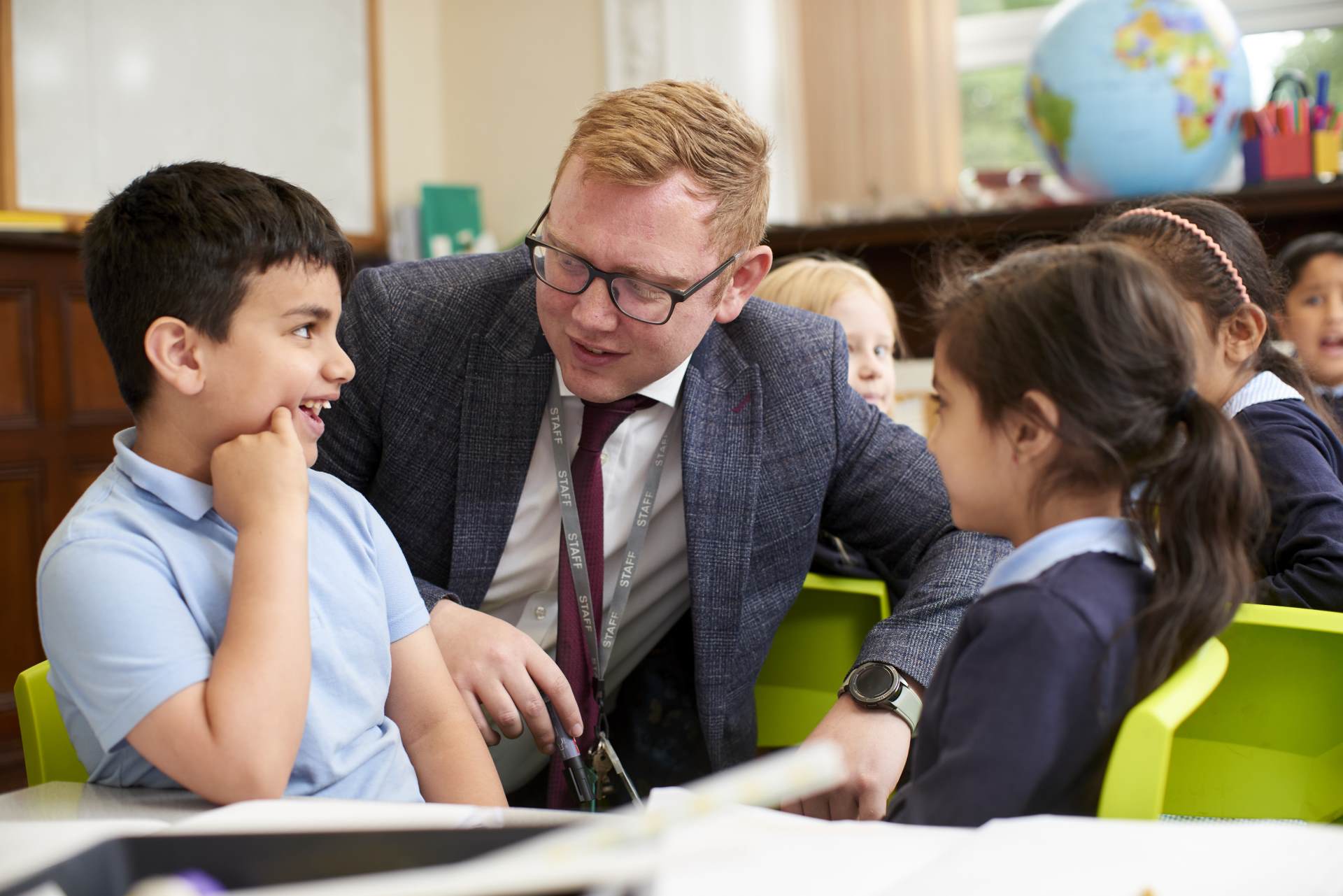Key Stage 1

Our Key Stage 1 consists of separate classes for Year 1 and
Year 2, each with up to 30 learners.
We strive to make the learning journey as enjoyable and rewarding as we can for each individual, so they reach their full potential.
We recognise that children learn in different ways, which is why they help to evaluate the activities at the end of each topic, so we can keep the curriculum interesting and improve the learning opportunities. We teach all subjects outlined in the national curriculum ensuring this is embedded in context where appropriate.
We ensure reading is at the heart of our Key Stage 1 curriculum with daily opportunities to engage and enjoy reading.
Phonics sessions take place daily in Reception and Year 1. We use the Little Wandle Scheme which is a systematic phonics approach developing an understanding of sounds, blending to read and segmenting to spell. Group reading sessions are a central part of the programme.
Our reading books are matched to the Little Wandle reading scheme and available for the children to read at home.
Learners are also encouraged to choose their own reading book from the library, this may be a book they wish to enjoy independently, but may require support from an adult.
Parents/carers are encouraged to read on a daily basis with their child and to discuss the content of the stories as well as supporting the reading process. Home reading diaries are used both to record what has been read and also to make any comments about the reading.
As part of our all-through approach to education, we use the extensive facilities offered by the Secondary Phase, including the sports hall, ICT suites and the food technology room. We organise regular enrichment activities for our learners to build their cultural capital and build aspirations. For information linked to these and other ways you can support your child in Key Stage 1, please visit ClassDojo.
For more information on the learning opportunities we offer, visit our Key Stage 1 Long Term Plan.


